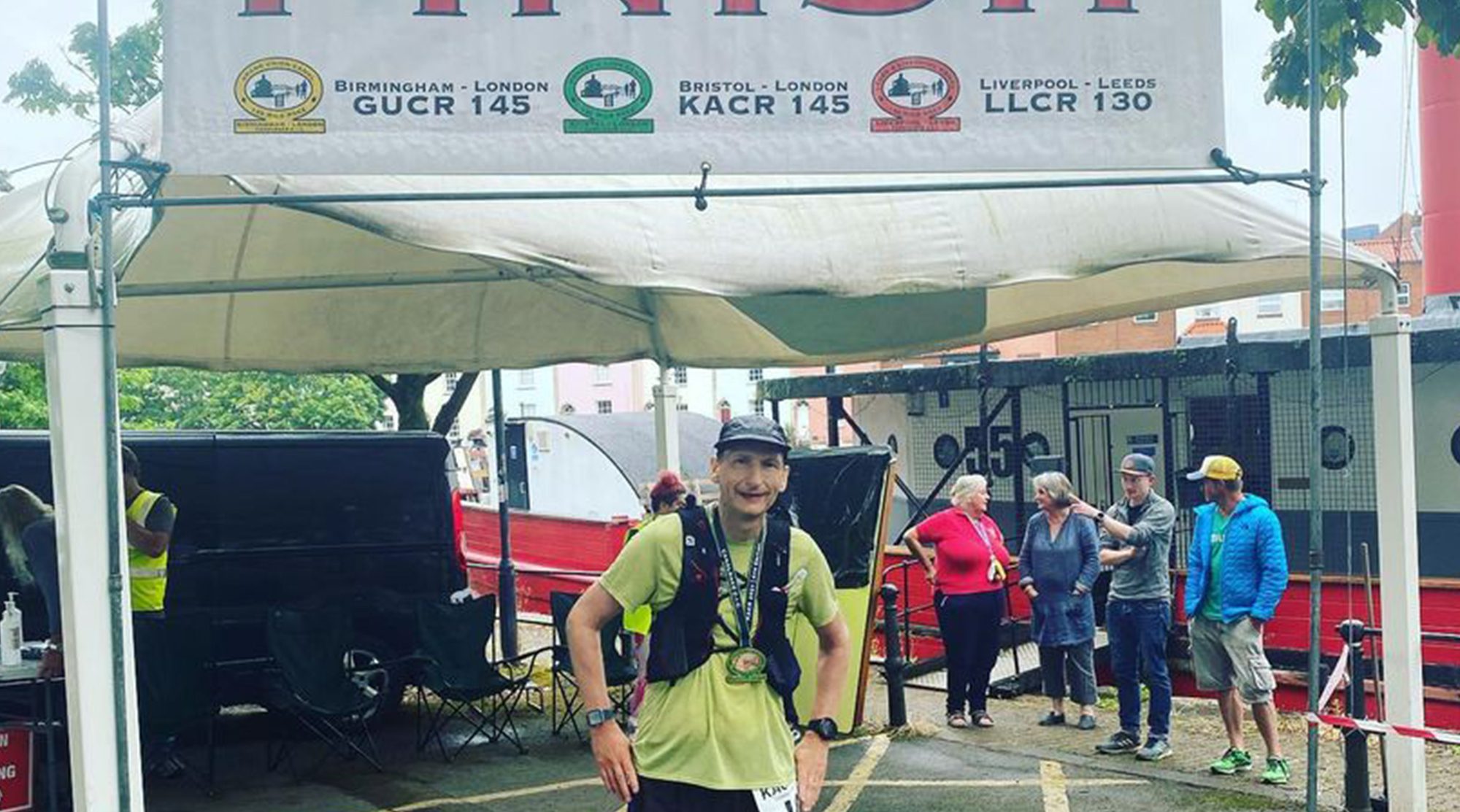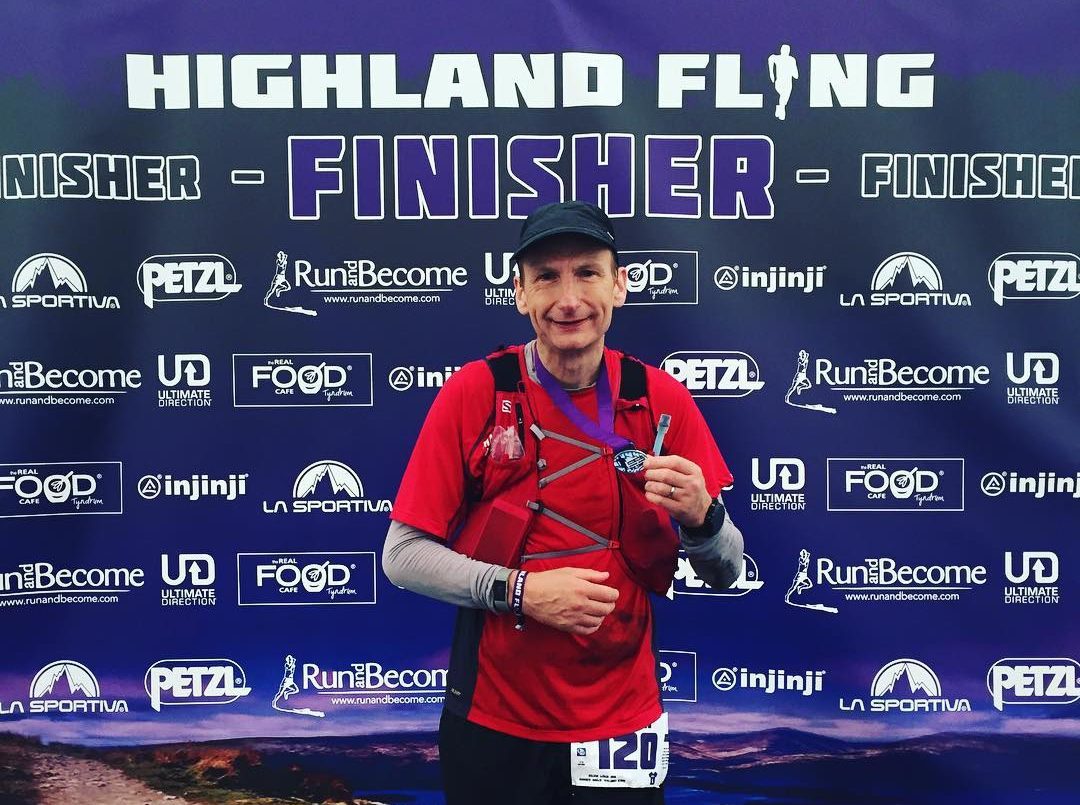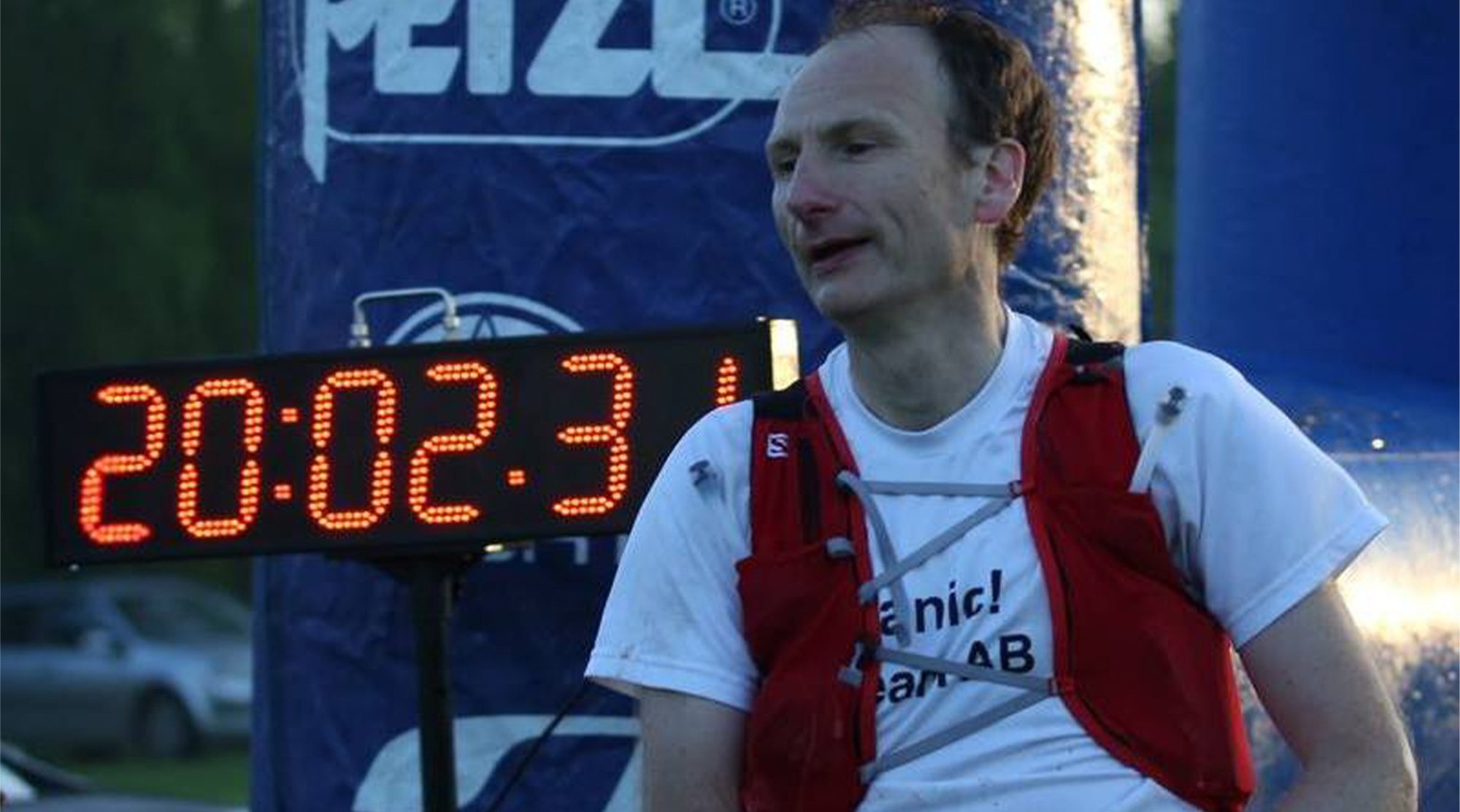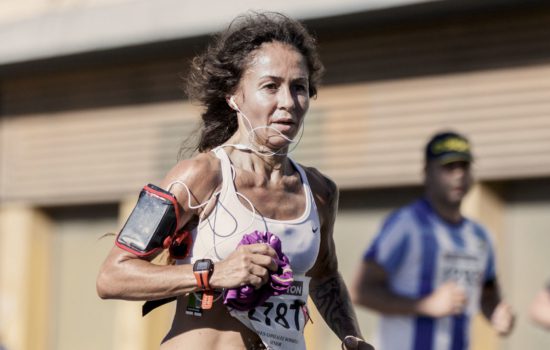
There’s more to running a 100 mile ultra than meets the eye – a whole lot more. As you can imagine this kind of race, will be physically challenging, so a significant investment in time and effort is required to prepare for the physical challenge on the day. Just as important however, is facing up to the mental battle – the mind games that will convince you to stop mid-race. Arguably most critical of all is the management of nutrition and hydration – If we get that wrong on the day then a DNF will inevitably result and all the hours of training will go unrewarded.

Let’s look at all three of these areas, starting with training. I’m not a believer that doubling your race length means doubling your training miles. Too many consecutive running days or too long a run just builds up the likelihood of injury, so my week consists of only three runs, plus two bike sessions and two rest/stretch/Pilates days. Fundamental to the training is the back-to-back weekend run, this builds the race endurance. The distance should be such that it does not affect your next week’s training, building up through the training plan and personally, never more than 2 x 25 miles or a single 30 mile distance.
You also need to ensure that you support your muscles to recover. Time spent massaging muscles, working out those niggles, rubbing in balms and gels and ice baths are a necessity. I use both CBD Triathlete’s Balm and Lotion as part of my muscle recovery routine. I have tried several products, but really like these and find that my muscles recover quicker from one day to the next, allowing significant weekend miles without running pains or fatigue that I would normally expect.
I use my twice weekly cycling sessions as a great low-impact alternative to additional running days. They are not short distance cycles, but what you will find is that even a 100 mile cycle can feel like a rest day compared to the running legs of the following day. Again, I adopt a similar muscle recovery routine post cycles – massaging my calves with CBD muscle balm and lotion. Stretching is important on rest/recovery days. Do whatever form of stretching you find most enjoyable, as the important thing is that you do stretch. It is part of the training plan for a reason.
When it comes to the mental challenge, during a long race the mind at some point will say “it’s too sore/hot/cold/slow” and anything else it can think of, as good and sound justification as to why you’ve ‘tried your best’ and it’s okay to stop at the next aid station. It’s worth challenging this in training: do a long run round a track, or pass your front door every mile, or run in adverse weather conditions – get used to overcoming the temptation to stop. On the day, never quit without talking to a friend – your reason will likely not sound so convincing to someone else as it does to yourself!

Finally let’s consider the nutrition and hydration challenge. Firstly, we need to consume enough fluids to match what we sweat out of our bodies during the race. This will be in the range of 500ml/hr + depending on conditions, but if we don’t keep up then dehydration will have serious consequences, ranging from difficulty processing food to physically passing out. You may have heard the phrase that ultras are ‘just an eating contest with a little running in-between’. That’s actually fundamentally true, but not in a nice way! Consuming the required amounts of carbohydrates to fuel the running muscles stresses the stomach to the limit, resulting in a high likelihood of stomach cramps, nausea, sickness and/or emergency toilet stops. Finding the combination of what carb drinks/gels/foods your stomach will tolerate during 24 hours of near continuous eating (~250cals/hr) will be a major factor in determining the success or otherwise, of a long-distance race. Use your 25-30 mile runs to practise what you plan to eat and drink on race day.
Ultramarathons are personal battles, you vs the course irrespective of how many others may be taking part. Just go run your race to your plan. Irrespective of how extreme your challenge is, with the training done, a positive mind and a fuelling plan, you really can conquer ANY challenge.
Alan Clark has completed in excess of 20 ultramarathons including 7 of 100+ miles.Alan Clarke

 Alan Clarke
Alan Clarke

